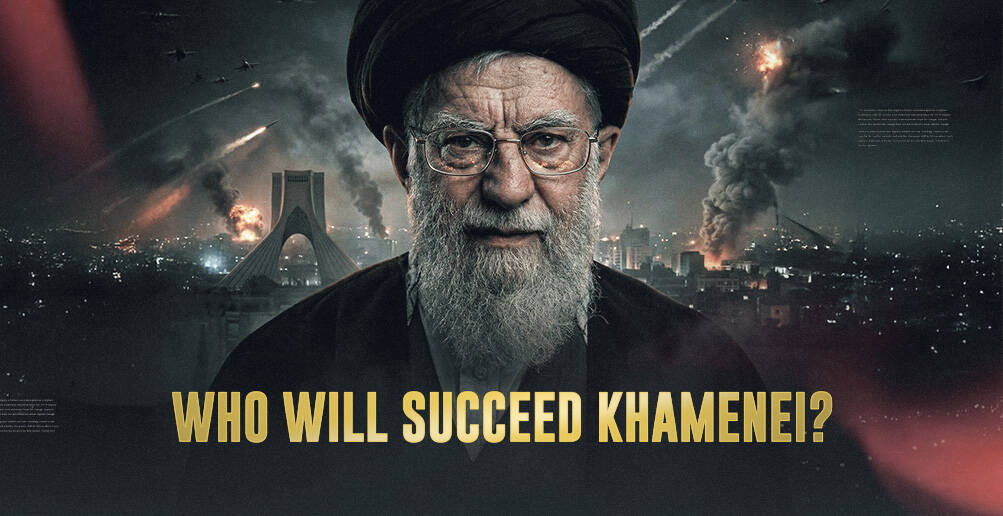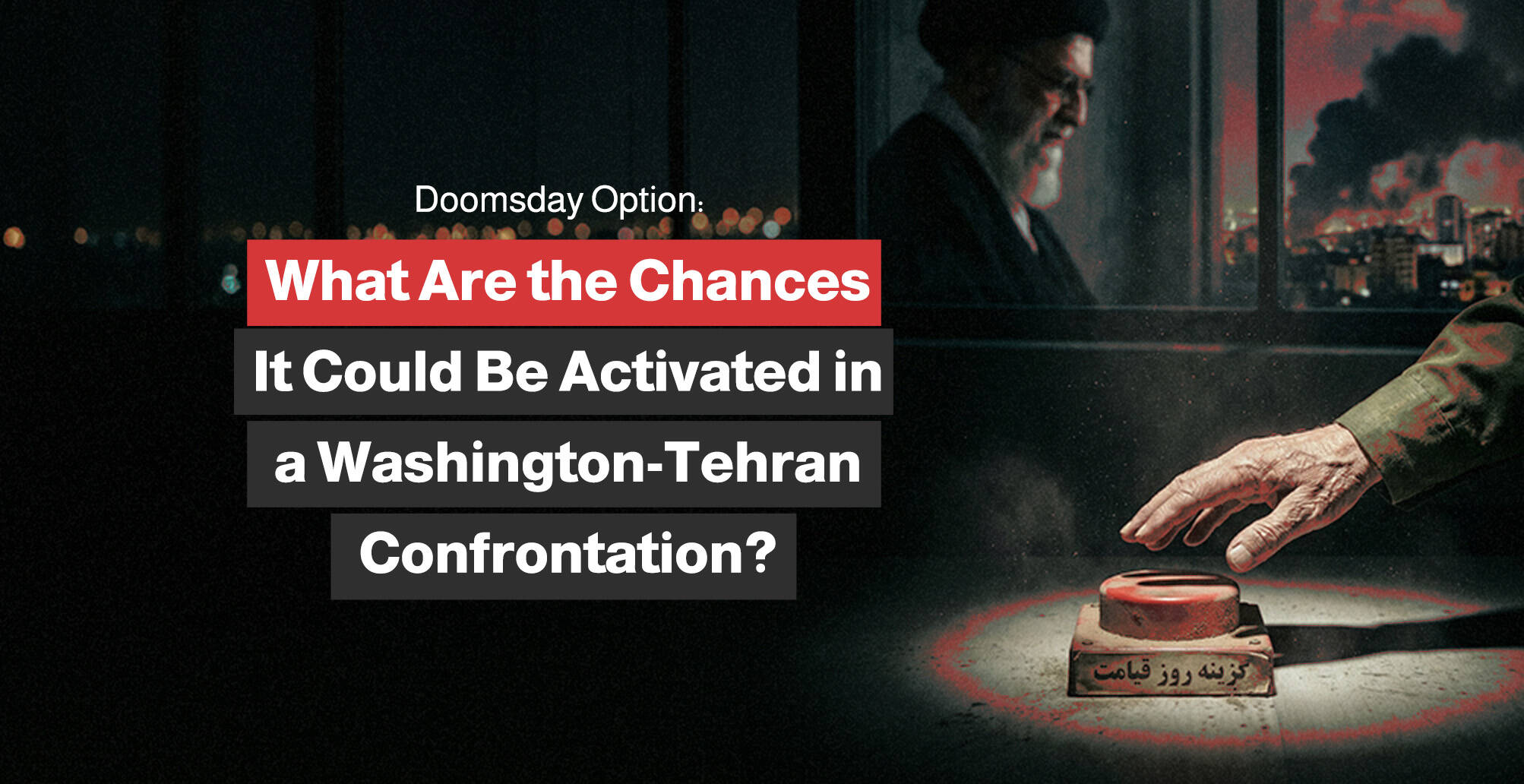Driven by Bafel Talabani, the Timing of the Arrests of Party Leaders in Sulaymaniyah Comes Under Scrutiny
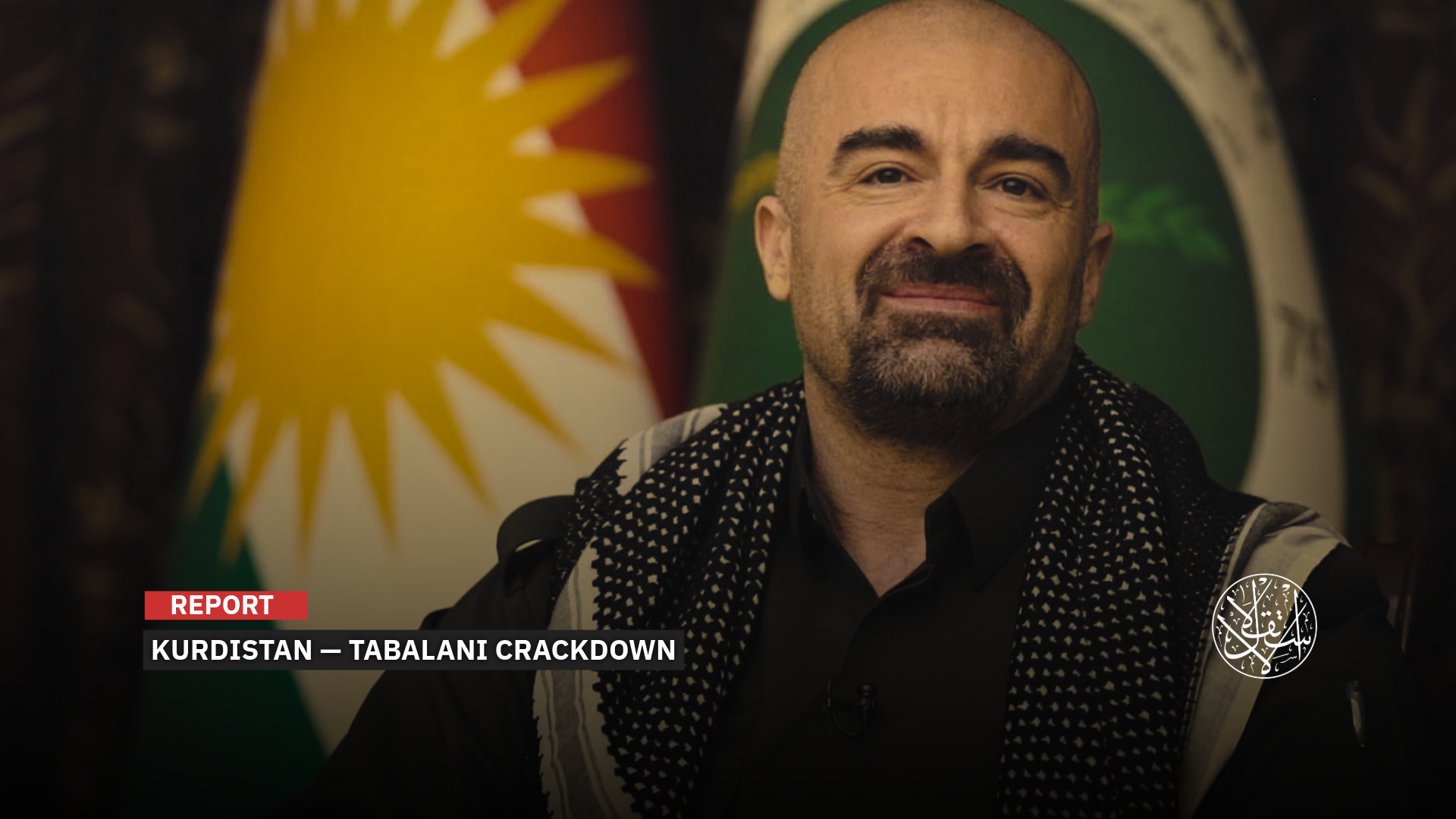
Talabani’s rivals insist the arrests are driven by political motives tied to the upcoming elections.
Iraqi Kurdistan is witnessing an unprecedented escalation, including armed clashes that culminated in the arrest of the former co-president of the Patriotic Union of Kurdistan, Lahur Sheikh Jangi, and earlier, the leader of the opposition New Generation Movement, Shaswar Abdulwahid.
Both incidents took place in the city of Sulaymaniyah, effectively governed by the Patriotic Union of Kurdistan under Bafel Talabani since northern Iraq was granted autonomous status in 1991, and officially enshrined as the Kurdistan Region within a federal Iraq under the 2005 constitution.
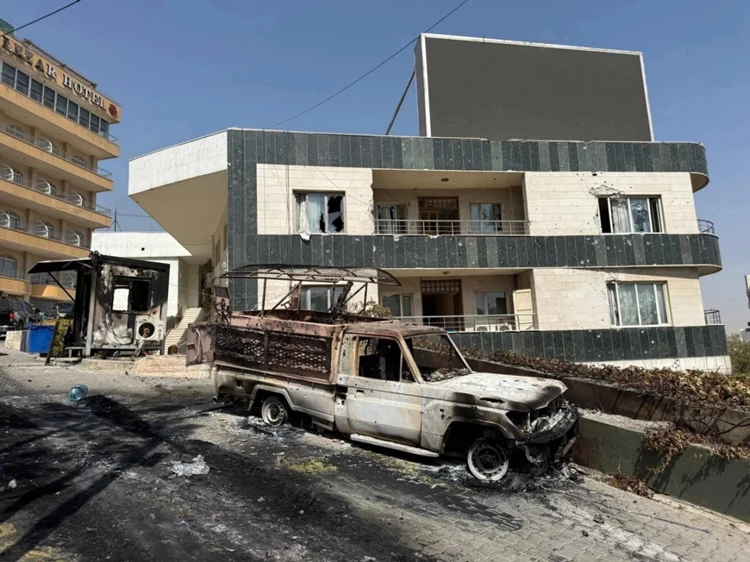
Targeting Rivals
After a clash that lasted several hours early on August 22, 2025, with members of his security detail inside a well-known hotel in Sulaymaniyah, Kurdish forces arrested Lahur Sheikh Jangi, head of the People’s Front, following the issuance of a judicial warrant accusing him of plotting crimes that threaten the state and public security.
Following the death of the Patriotic Union of Kurdistan leader and former Iraqi president Jalal Talabani in 2017, his son Bafel and cousin Lahur Sheikh Jangi were elected co-presidents of the party, before Bafel eventually sidelined Jangi and assumed sole leadership.
Bafel consolidated his control over the Patriotic Union of Kurdistan (PUK) after major internal tensions in June 2021, during which Lahur Sheikh Jangi was accused of attempting to poison him, leading to a decision to expel Jangi, a move he rejected, calling it a “conspiracy” against him.
The crackdown did not stop with Lahur Sheikh Jangi. On August 21, the Iraqi news agency Mawazin reported that arrest warrants had also been issued for former PUK leaders, including former Iraqi president Barham Salih, Mala Bakhtiar, and Jaafar Sheikh Mustafa.
According to the Iraqi newspaper al-Alam al-Jadeed on August 23, these leaders, in collaboration with Lahur Sheikh Jangi and other allies with significant followings, had planned “to form a strong opposition front against the current party leadership under Bafel Talabani and challenge its policies.”
The spokesperson for the Sulaymaniyah court, Judge Salah Hassan, said on the night of Lahur Sheikh Jangi’s arrest that a detention warrant had been issued on August 21 against him and others, not named, under Article 56 of the Iraqi Penal Code for “conspiring to undermine security and stability.”
During the operation to apprehend Sheikh Jangi, the city of Sulaymaniyah witnessed two drone attacks and gunfire in the Dabashan area, where Patriotic Union of Kurdistan leader Bafel Talabani’s residence is located, according to Agence France-Presse on August 22.
The removal of Sheikh Jangi comes less than two weeks after the arrest of Shaswar Abdulwahid, head of the region’s largest opposition party, following a defamation case filed against him six years ago, according to a television statement by the New Generation Movement spokesperson, Rebwar Orahman, on August 24.
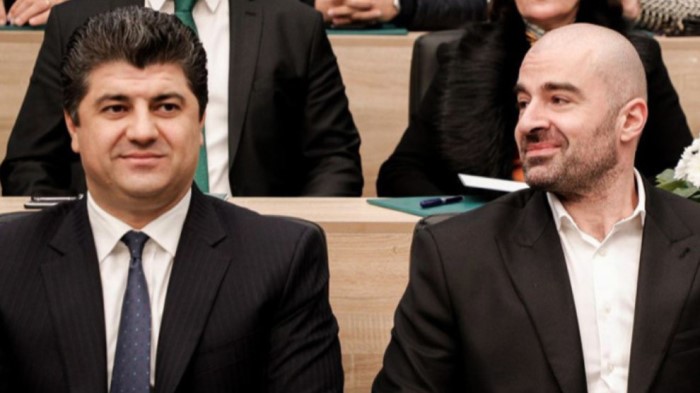
Eliminating Rivals
Commenting on the timing of the arrest warrants in Sulaymaniyah, Iraqi political affairs researcher Iyad Thabit said, “What Bafel Talabani is doing is a political targeting aimed at eliminating his rivals ahead of the upcoming parliamentary elections on November 11, 2025, so that he can dominate Sulaymaniyah.”
“Bafel is accused of mobilizing a military force affiliated with the Patriotic Union of Kurdistan to arrest Lahur Sheikh Jangi, and it is very possible that some popular and influential figures could be sidelined ahead of the parliamentary elections,” Thabit told Al-Estiklal.
He added that Talabani’s actions could damage the PUK’s reputation both domestically and internationally, as the current developments suggest a party beset by instability and internal conflict, making it unreliable in governing the Kurdistan Region of Iraq.
“These internal struggles within the PUK will benefit his political rival in Erbil, the Kurdistan Democratic Party under Masoud Barzani, which is seen as more stable, making it a stronger partner for representing Kurds in alliances with the United States and European countries,” Thabet noted.
Meanwhile, Kurdish political analyst and journalist Mohammed Zankana described the events in Sulaymaniyah as a form of political purge, stressing that the force that carried out Lahur Sheikh Jangi’s arrest was irregular and loyal to Bafel Talabani.
Speaking to the Iraqi network alssaa on August 22, Mohammed Zankana said, “What happened amounts to a political settling of scores between the Patriotic Union of Kurdistan and the People’s Front, particularly following the infamous ousting of Sheikh Jangi by Bafel Talabani after ongoing disputes.”
“The pursuit of Sheikh Jangi took on a legal veneer with the issuance of an arrest warrant from the Sulaymaniyah court, but the raid was carried out by an irregular special force acting on Bafel Talabani’s orders.”
“The targeting of Sheikh Jangi reflects escalating disputes over influence and control, ahead of the Iraqi parliamentary elections and the ongoing discussions over forming the Kurdistan Regional Government and convening the region’s first parliamentary session,” he added.
“For these reasons, the Patriotic Union of Kurdistan is trying to push its rivals out of the political scene in Sulaymaniyah, which explains today’s incident, the arrest of Lahur Sheikh Jangi.”
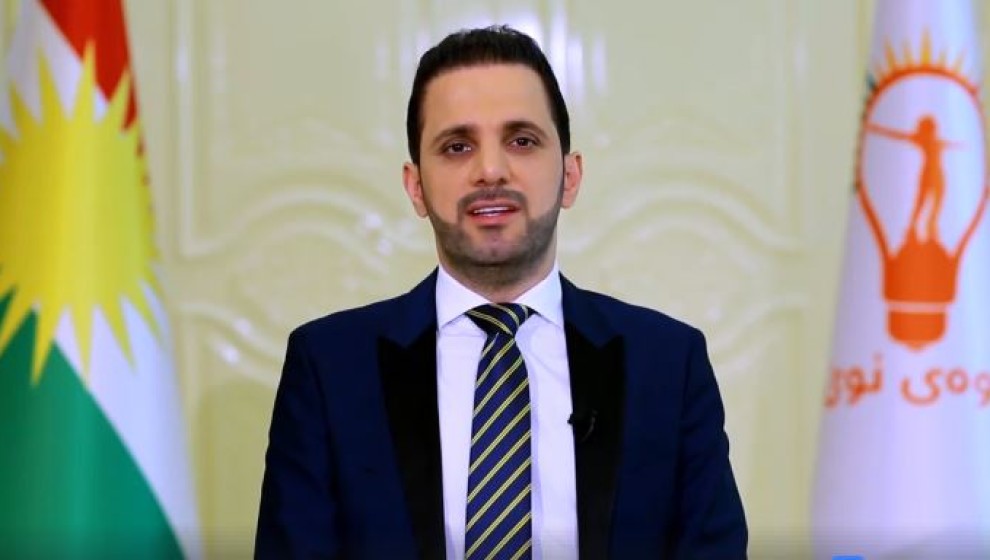
“Hidden Actors”
In response, Patriotic Union of Kurdistan official Giyath al-Surji accused “hidden forces” of orchestrating the wave of protests and acts of sabotage in the party’s strongholds, particularly in Sulaymaniyah, dismissing the idea that the unrest is spontaneous or genuinely grassroots.
Almaalomah reported al-Surji on August 23 saying, “The security situation in Sulaymaniyah is currently stable, yet the demonstrations called by opposition parties such as the New Generation Movement and the People’s Front are always organized in areas under the control of the Patriotic Union.”
He added that such protests do not take place in cities like Erbil or Duhok, which are governed by the Kurdistan Democratic Party, raising serious questions about the motives behind these movements and who is orchestrating them.
Al-Surji explained, “These parties have popular bases and parliamentary seats in Erbil and Duhok, yet they do not dare to call for demonstrations there, while they push strongly to stir unrest in Patriotic Union-controlled areas.”
“The acts of sabotage accompanying some of the demonstrations were not spontaneous, but rather clear attempts to destabilize certain areas of the region while leaving others untouched,” he said, adding that “the situation is now visible to the public.”
On August 22, the People’s Front called on consulates and diplomatic missions in the Kurdistan Region, as well as the regional and Iraqi governments, to take a clear stance and not remain silent in the face of what it described as the “uncivilized and terrorist” operation targeting Lahur Sheikh Jangi.
The Front said in a statement that it “places full responsibility for the safety of Sheikh Jangi and his brother Bulad on the Patriotic Union of Kurdistan leader, Bafel Talabani.”
Along similar lines, MP Sarwa Abdulwahid, sister of New Generation Movement leader Shaswar, revealed troubling information regarding the deterioration of her brother’s health in prison.
On August 23, Abdulwahid accused the Talabani party via X of breaking the law and preventing family and associates from visiting him, describing the actions as “arbitrary and unlawful behavior that confirms this is a political case through and through,” and warned that “the public will not remain silent in the face of these violations.”








